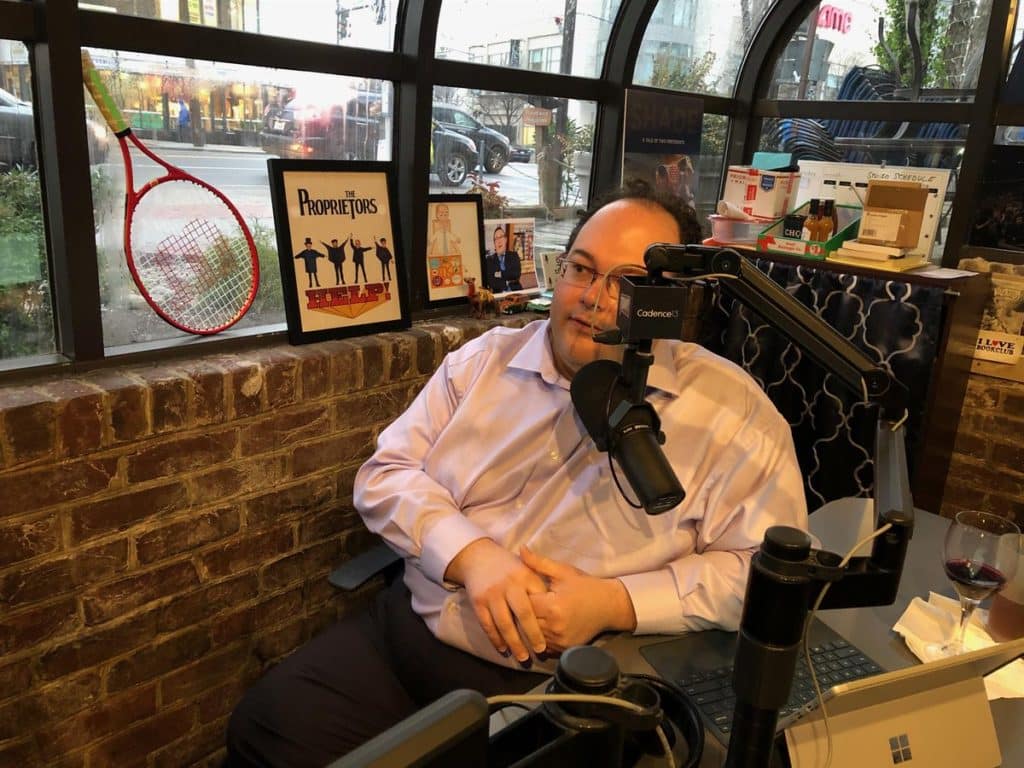Podcast (video): Play in new window | Download
Being a trademark licensee means that your business is using the trademarks of another business in order to create products that the licensor (the trademark owner) cannot or will not create. This creates a bigger pie for both the licensor and licensee and then the licensee can pay the licensor a royalty to use the trademarks.
What Is Trademark Licensing?
Trademark licensing is the process by which a registered trademark owner, called a licensor or proprietor, allows another party, called a licensee, to make and distribute specific products or services under the licensor’s trademark agreement. Trademark licensing is a type of merchandise agreement.
The licensor receives a certain amount of money or royalties, a percentage of all sales, in exchange for sharing the trademark. This compensation is also called consideration. Fashion and consumer products concerned with sports and entertainment are often sold under a trademark licensing agreement.
The licensee usually creates a trademark licensing agreement, but a licensor can also create this document. Both parties usually agree upon the terms before creating a trademark licensing agreement.
Here is a lightly-edited transcript of the video blog:
Hi, I’m Anthony Verna, managing partner of Verna Law, P.C. where we focus on Intellectual Property and Advertising Law. I’ve had some clients who’ve asked me about licensing, and sometimes licensing is very good. I mean there are some products that don’t work unless it’s actually licensed from somebody else. Well, yeah, go Eagles.
One of the big issues with licensing is of course you’re in a contract with a partner, so you as the business owner are now taking somebody else’s intellectual property and you’re using it on your own product. So you will have to account for product quality. You’re going to have to account for obviously sales.
What a lot of people are concerned when they talk to me about licensing are minimums, royalties, those payments that you’re going to send to, your licensor, and, and really if that license or is going to work with you.
What I, always tell clients or potential clients who are looking to be a licensee and work with a licensor and take that intellectual property is number one: Your goal is to make sure that there’s a bigger pie for both sides of the transaction.
So there’s a bigger pie for you. Yes, you’ll be paying royalties, but in using somebody else’s intellectual property, the goal in that particular case is to make sure that your pie is bigger and their pies. That’s number one.
Number two, does your product fit well? You don’t necessarily know that and they don’t necessarily know that. And the only way that you’re going to know that is by asking and starting those particular contract negotiations.
Another issue that clients come to me with is the size of, of the license or are they going to work with me if I’m a smaller licensee?
And the answer to that is sometimes and, again, the only way that you’re going to know that is by sitting down and having those contract discussions. Certainly a lot of people are afraid that that some licensors, like the NFL, are not going to work with them and a lot of sports leagues have programs for smaller, licensees and having smaller businesses so that hopefully those businesses grow.
Why? Because, if those businesses grow, then the licensor’s businesses grow as well. And that’s one very important aspect of finding out if there’s a program for working with small, smaller licensers and this way as your business grows, their business grows as well. Don’t be afraid of minimums. Don’t be afraid of asking. Don’t be afraid of, of taking those steps and, and finding out if that growth is available for you.
I’ve had clients who are worried about having more skews. If you’re going to grow your business, sometimes you need more skews as well. So don’t be afraid. Don’t let those issues stop you. You do need to step out of your comfort zone. You do need to ask. It’s something we’ve helped clients with stepping out of that comfort zone and getting the license agreement so that their businesses grow.

